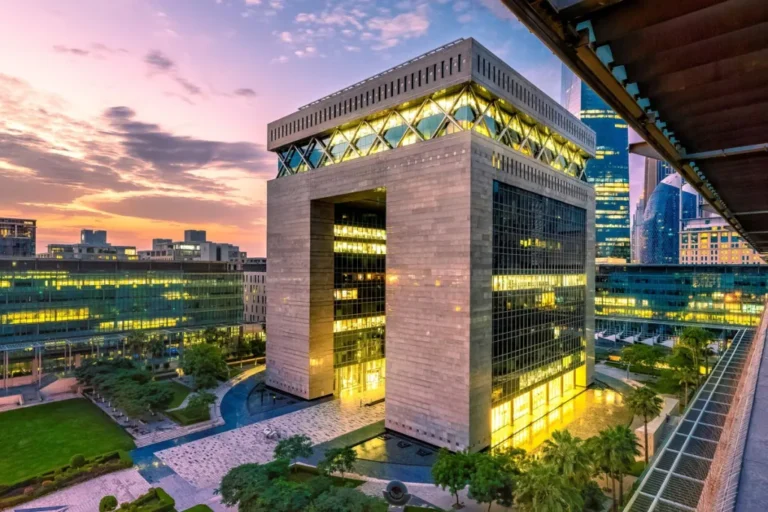In a recent development, Dubai’s DIFC has suspended two firms, Milavous and Ocean Leonid, reportedly involved in facilitating Iran’s oil industry. The decision follows heightened pressure from U.S. sanctions aimed at constraining Iran’s oil export network. The DIFC, a leading financial free zone, confirmed the suspension but did not elaborate on specific reasons or violations.
The firms in question are believed to have played pivotal roles in the global trade operations linked to Iran’s oil exports. The exact nature of their operations, as well as their level of involvement, remains under investigation. The financial hub’s decision aligns with UAE’s broader stance of complying with international sanctions policies while maintaining transparency in business activities within its jurisdiction.
Iran’s former high-ranking official, Shamkhani, has denied any association with the firms. “I have no relationship with either entity,” Shamkhani stated, distancing himself from claims tying him to the companies’ operations. His response comes amid increasing scrutiny of alleged Iranian oil networks, which U.S. authorities claim evade sanctions by employing international intermediaries.
The U.S. Treasury previously highlighted the Middle East’s role in Iran’s oil distribution, warning regional companies of severe sanctions consequences. The DIFC’s move signifies a proactive stance in curtailing such connections, underscoring the UAE’s alignment with global compliance standards.
The suspension underscores Dubai’s balancing act between sustaining its financial center’s integrity and aligning with international sanctions frameworks. As the investigation unfolds, stakeholders across the energy and finance sectors are closely monitoring DIFC’s next steps, given the financial zone’s prominence as a global trade nexus.


